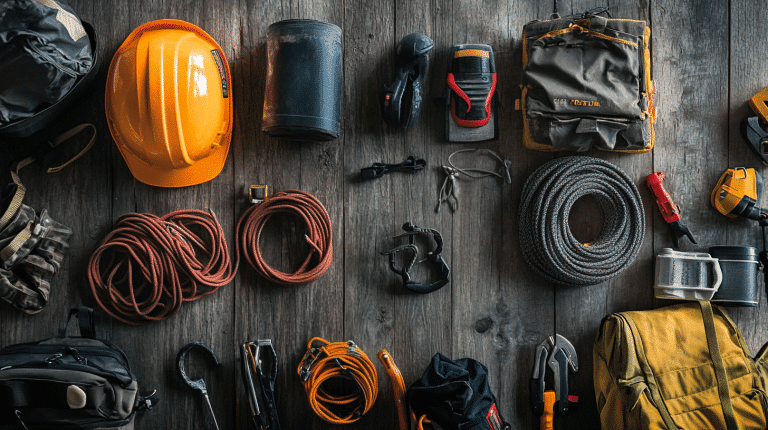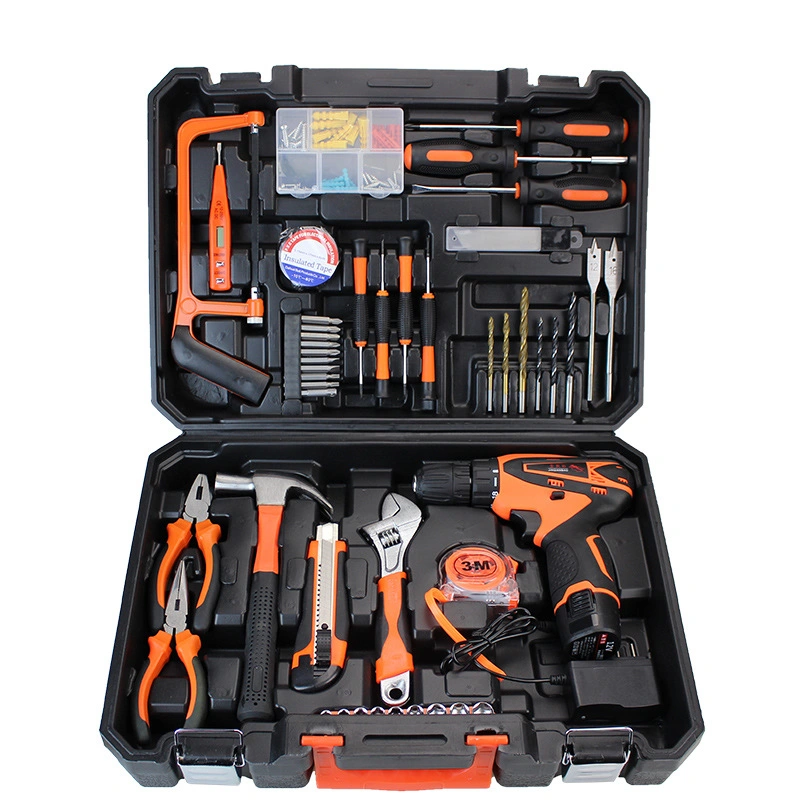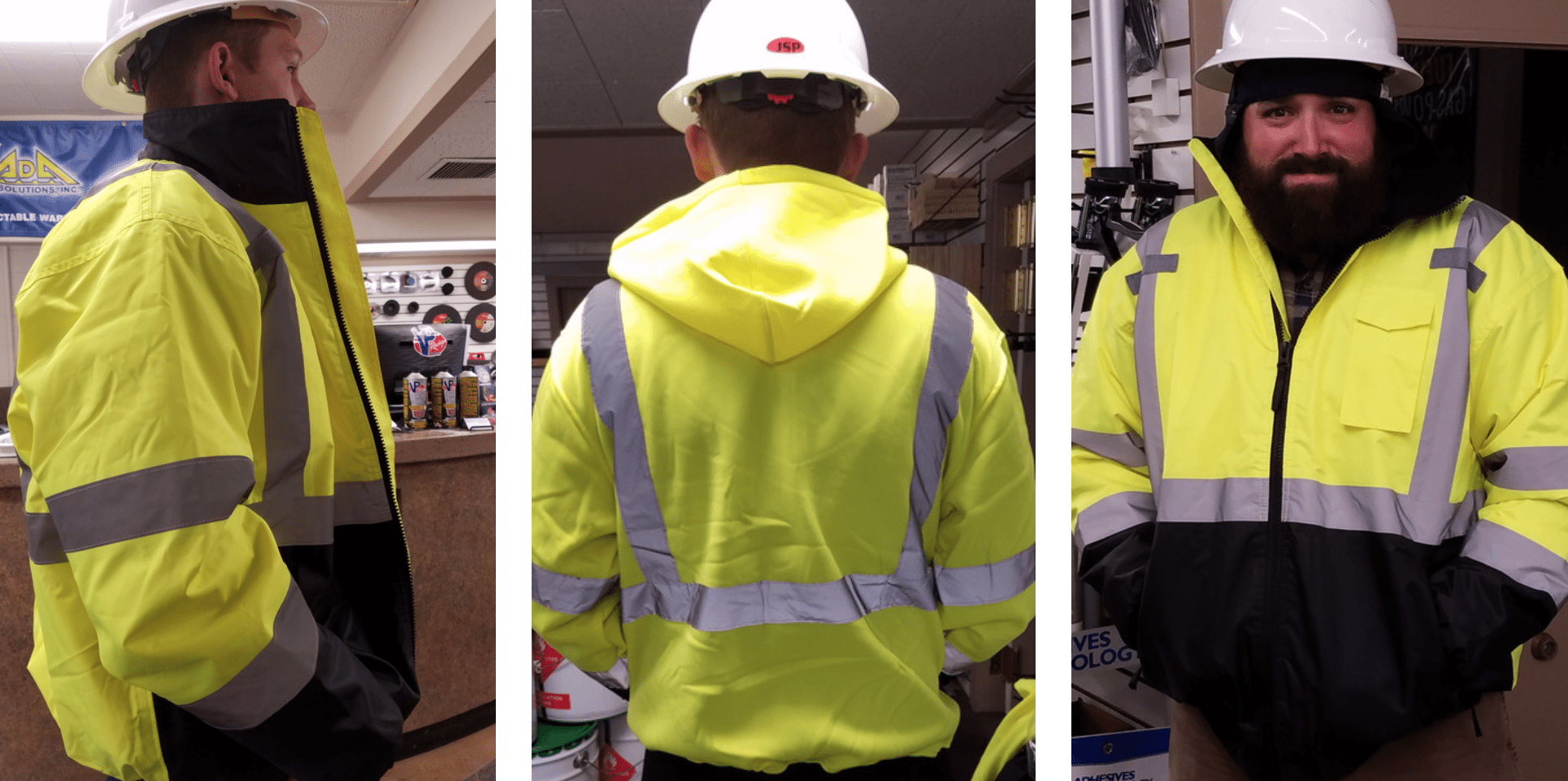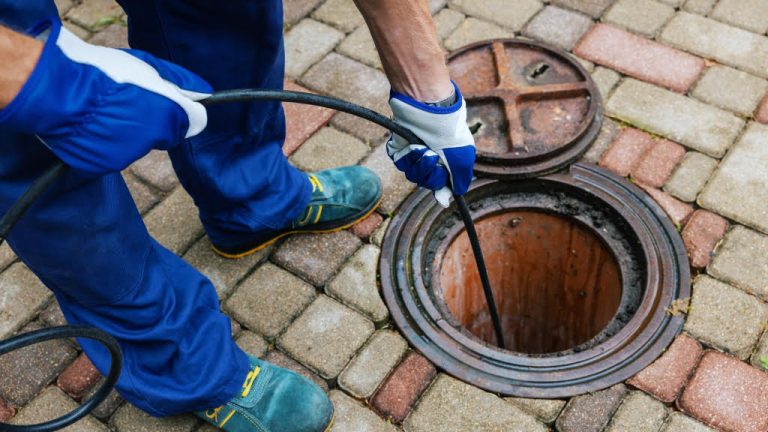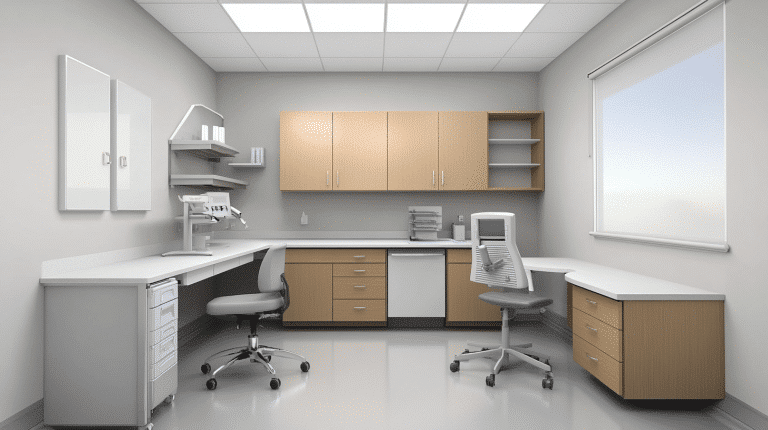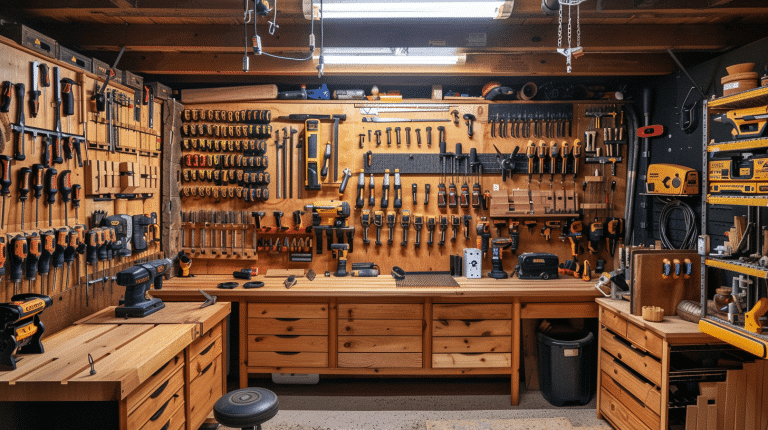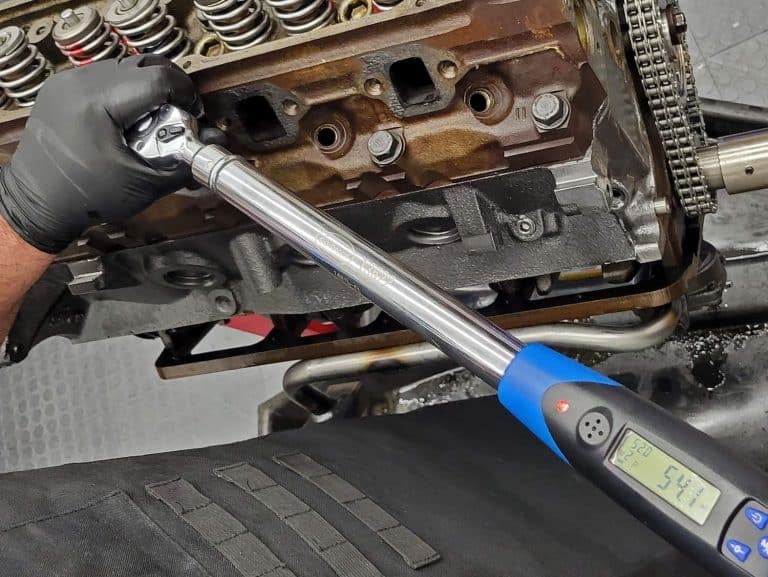Contractors often find themselves working in diverse and sometimes remote locations. Whether you’re managing a construction site, an engineering project, or performing specialized maintenance, being adequately prepared is crucial for success.
The right gear not only ensures your safety and efficiency but also helps you stay comfortable and focused. Here’s a comprehensive guide to the essential gear every contractor should consider when working away from home.
1. Personal Protective Equipment (PPE)
The foundation of any contractor’s gear is Personal Protective Equipment (PPE). This includes:
- Hard Hats: Protects your head from falling objects and other hazards.
- Safety Glasses: Shields your eyes from dust, debris, and chemicals.
- High-Visibility Clothing: Ensures you are seen by others, especially in low-light conditions.
- Safety Boots: Steel-toe or composite-toe boots provide foot protection and support.
- Gloves: Essential for protecting your hands from sharp objects, chemicals, and extreme temperatures.
- Ear Protection: Noise-cancelling earmuffs or earplugs are vital in loud environments.
Having high-quality PPE tailored to the specific demands of your job is non-negotiable. Regularly inspect and replace worn-out gear to maintain optimal safety.
2. Toolkits and Power Tools
A well-stocked toolkit is a contractor’s best friend. Essential tools include:
- Hand Tools: Hammers, screwdrivers, wrenches, pliers, and tape measures are indispensable for day-to-day tasks.
- Power Tools: Drills, saws, and grinders help complete tasks efficiently. Opt for battery-operated models for remote locations without reliable power sources.
- Multi-Tool: A versatile multi-tool can be a lifesaver for quick fixes and adjustments.
Investing in durable, high-quality tools reduces the risk of malfunctions and increases productivity.
3. Mobile Workstation
A mobile workstation setup is crucial for staying organized and productive on the go. Key components include:
- Laptop or Tablet: Necessary for managing documents, plans, and communications.
- Portable Printer/Scanner: Handy for printing contracts and plans and scanning documents on-site.
- Power Bank and Chargers: Keep all your devices charged, especially in areas with limited access to electricity.
- Rugged Storage Cases: Protect your electronics and paperwork from the elements.
Consider a sturdy bag or case that keeps your tech organized and protected from dust, water, and impacts.
When working away from home, ensuring you have quality contractor accommodation is just as important as having the right gear, as it provides a comfortable and secure place to rest and recharge after a long day on the job.
4. Portable Lighting
Good lighting is essential, particularly when working in dimly lit or remote areas. Options to consider include:
- Headlamps: Hands-free lighting that moves with you, ideal for precision tasks.
- LED Work Lights: These provide bright, broad illumination, perfect for larger areas.
- Flashlights: Compact and versatile, useful for quick inspections or emergencies.
Rechargeable lights with long battery life are preferred to minimize downtime.
5. Weather-Appropriate Clothing
Contractors often face varying weather conditions, so having appropriate clothing is essential. Your gear should include:
- Waterproof Jackets and Pants: Keeps you dry in wet conditions, maintaining comfort and mobility.
- Thermal Layers: Insulating layers to keep you warm in cold environments.
- Sun Protection: Hats, sunglasses, and sunscreen protect against harmful UV rays when working outdoors.
Selecting breathable, moisture-wicking materials can also help regulate body temperature and reduce fatigue.
6. Communication Equipment
Effective communication is vital, especially when working in remote or hazardous environments. Essential gear includes:
- Two-Way Radios: Reliable communication tools for staying in touch with team members across large sites.
- Smartphone with GPS: Essential for navigation and staying connected with the office or clients.
- Emergency Beacon or Satellite Phone: Crucial in remote areas without cell service, allowing you to call for help if needed.
Ensure all communication devices are fully charged and have backup power options.
7. First Aid Kit
A well-stocked first aid kit is a must-have on any job site. It should include:
- Bandages and Dressings: For treating cuts, abrasions, and minor injuries.
- Antiseptics: To clean wounds and prevent infections.
- Pain Relievers and Burn Creams: Provide relief in case of minor injuries.
- Emergency Contact Information: A list of emergency numbers and procedures.
Regularly check and replenish the kit to ensure it’s ready for any situation.

